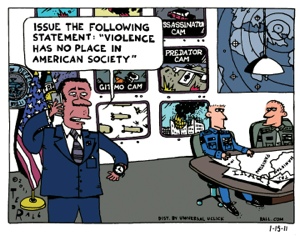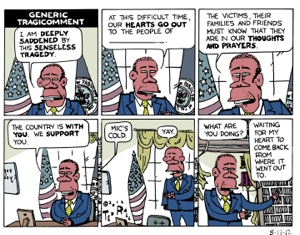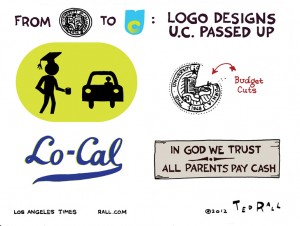If you’re like me, you procrastinate on your holiday gift buying. Well, you still have a chance to get one of the coolest gifts you can possibly by someone who likes political art, especially someone who is a fan of my work. Every now and then I conduct a cartoon auction. This time, I am auctioning off your right to pick one of three cartoons for next week.
Because Christmas is next Tuesday, I am doing things a little bit differently this week. I have scheduled the auction for just three short days. The auction ends Friday morning. The way this works is, I notify you that you’ve won. I send you JPEG’s of the three cartoons that you can choose from. On or before 3 PM Eastern time, you email me your choice of the cartoon that you want. Then I send it to you by Federal Express standard overnight mail. If you choose, I will dedicate it to you or someone else. You will receive it on Monday, December 24, Christmas Eve, on or before 3 PM.
Happy bidding!



